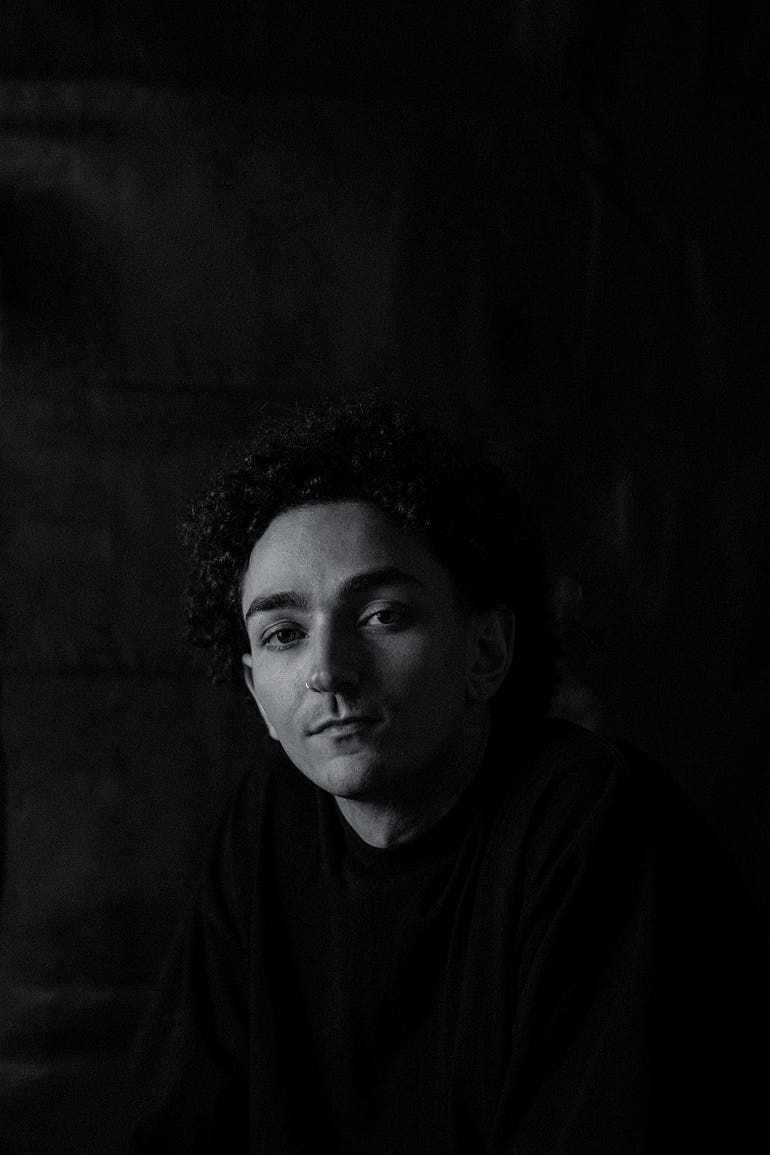The Empty Boat
by Zhuang Zhou (in taoist text, Zhuangzi, 4th century BCE. )
One day, a man was rowing his boat across a calm river.
As he enjoyed the tranquillity, he noticed another boat heading straight toward him. Despite shouting and waving, the boat didn’t change course. He became furious.
But when the boat collided with his, it was empty.
His anger dissipated as quickly as it had come. He realised that there was no one to blame.
He thought, “If only I could react this way when others bump into me.”
The reason the person ramming us with a boat angers us, but an empty boat doesn’t, is intent.
When someone intentionally does something to disrespect us, we feel offended. The anger we experience is a perceived slight of our identity. Like when someone bumps into you, and you’re annoyed, but the moment they apologise, the anger dissipates.
But it doesn’t have to be this way.
Once you deeply understand how people work, and how intent works, you’ll be able to catch yourself when you’re about to get angry, hurt or annoyed.
Just as the man in the boat wished he could.
1. False assumptions lead to unnecessary suffering
“Don’t attribute to malice what can easily be explained by ignorance.” — Hanlon’s Razor
How often do we assume there is ill intent when there isn’t?
We’ve all probably wasted a lot of anger and annoyance by assuming there was ill intent.
Did that person mean to cut you off, or were they unaware?
Did your teammates not pass you the ball because they hate you, or did they just not see you inthat moment?
Did your loved one make a hurtful remark to cut you down, or are they just a person who makes mistakes too?
Right before reacting with anger, ask yourself:
“Am I assuming intent where there may be none?”
Something interesting I’ve realised in life is that most people are trying their best to be good people. And when they do things to offend or upset you, it’s likely an accident that comes from a place of ignorance.
A dog wouldn’t hold the door open for you, but it doesn’t know about that convention. Think of it this way when you feel someone disrespects you.
More often than not, our ego creates the problem with them.
2. Even ill intent can be unconscious
“The child who is not embraced by the village will burn it down to feel its warmth.” — African Proverb
Now, with that being said, sometimes there actually IS ill intent.
The kids at school exclude and ostracise you
The driver purposefully leaves as you’re running for the bus
The person at work undermines you to make themselves look better
Think about the genuinely mean people in your life for a moment. They are particularly interesting because there’s a deeper layer with them — and they help us understand an important lesson.
Their wrongdoing is probably not a pure evil effort to take over the world and destroy mankind. It’s most likely coming from a place of inner turmoil or trauma.
Something happened to them as a child, or they have mean parents who taught them poorly in their formative years.
How can you be mad at that? Imagine a child was raised thinking swear words and insults were polite. That’s what’s happening in this situation. We give people too much credit when we assume they are evil masterminds, using psychological tools to manipulate us.
What is happening is that a hurt, confused, and scared individual is just trying to get through life like the rest of us.
They don’t know any better.
Because if they did, they wouldn’t be doing it.
Do you think those kinds of people want to have no friends and be hated by everyone?
So even when there is intent, look deeper. That intent is likely unconscious.
A hurt person trying to inflict pain onto you is no different from an empty boat bumping into you.
Every boat is an empty boat
Think of life like the boat story, but every single boat is empty.
There is always a root, an explanation, a cause for how most people behave. And it doesn’t pay to be angry or upset toward them.
It pays to realise that they are either:
a. ignorant to their actions
b. acting from a place of inner hurt
And when we switch our thinking to realise that most situations are not personal, the frustration dissipates.
Just like when the fisherman realised that the boat was empty.
Sincerely,
eren
Follow me on Substack, Instagram and LinkedIn for short bursts of motivation and peace, and to follow along on my journey of creating the world’s best in-person mindset workshop.






Brilliant as always Eren!